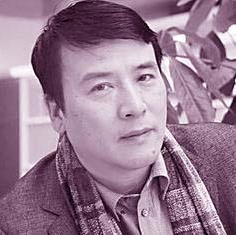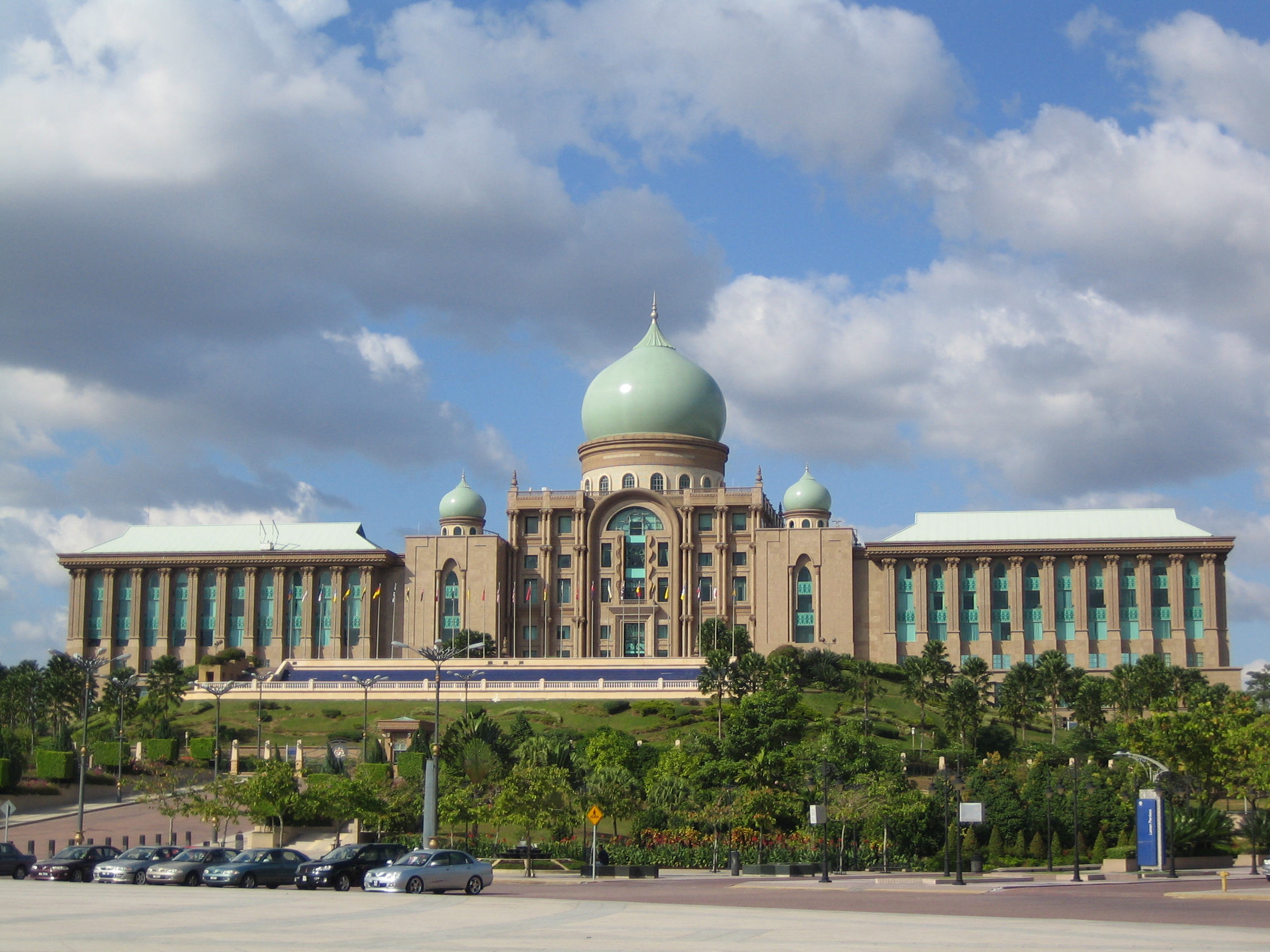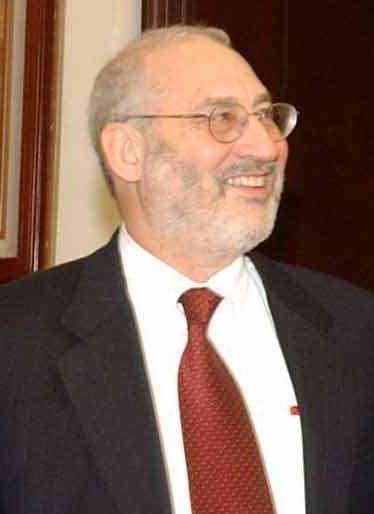|
The Rise Of The Great Powers
''The Rise of the Great Powers'' is a 12-part Chinese documentary television series produced by CCTV. It was first broadcast on CCTV-2 from 13 to 24 November 2006.Kahn, Joseph"China, shy giant, shows signs of shedding its false modesty." ''New York Times'', 9 December 2006. It discusses the rise of nine great powers: Portugal, Spain, the Netherlands, the United Kingdom, France, Germany, Japan, Russia (Soviet Union), and the United States. The documentary "endorses the idea that China should study the experiences of nations and empires it once condemned as aggressors bent on exploitation" and analyses the reasons why the nine nations rose to become great powers, from the Portuguese Empire to American hegemony. The series was produced by an "elite team of Chinese historians" who also briefed the Politburo on the subject." In the West the airing of ''Rise of the Great Powers'' has been seen as a sign that China is becoming increasingly open to discussing its growing international ... [...More Info...] [...Related Items...] OR: [Wikipedia] [Google] [Baidu] |
Ye Xiaogang
Ye Xiaogang (; born September 23, 1955) is one of China's most active and most famous composers of contemporary classical music. Biography Ye was born in Shanghai in 1955. He studied at the Central Conservatory of Music in Beijing from 1978 to 1983, under the composer Du Mingxin. He then studied at the Eastman School of Music beginning in 1987."Ye, Xiaogang - Profile" ''Schott-Music.com''. His teachers include . He teaches at the Central Conservatory of Music, where he serves as Assistant President ''en.ccom.edu.cn'' [...More Info...] [...Related Items...] OR: [Wikipedia] [Google] [Baidu] |
Politburo Of The Communist Party Of China
The Politburo of the Chinese Communist Party, formally known as the Political Bureau of the Communist Party of China Central Committee and known as the Central Bureau before 1927, is the decision-making body of the Chinese Communist Party (CCP). Currently, it is a group of 24 top officials who oversee the CCP and headed by the general secretary. Unlike politburos of other Communist parties, power within the Chinese politburo is further centralized in the Politburo Standing Committee, a group of 7 individuals from among the larger Politburo. The Politburo is nominally elected by the Central Committee. In practice, however, scholars of Chinese elite politics believe that the Politburo is a self-perpetuating body, with new members of both the Politburo and its Standing Committee chosen through a series of deliberations by current Politburo members and retired Politburo Standing Committee members. The current and former Politburo members conduct a series of informal straw polls to de ... [...More Info...] [...Related Items...] OR: [Wikipedia] [Google] [Baidu] |
Malaysian Prime Minister
The prime minister of Malaysia ( ms, Perdana Menteri Malaysia; ms, ڤردان منتري مليسيا, label=Jawi alphabet, Jawi, script=arab, italic=unset) is the head of government of Malaysia. The prime minister directs the executive branch of the Government of Malaysia, federal government. The Yang di-Pertuan Agong appoints as the prime minister a member of Parliament (MP) who, in his opinion, is most likely to command the confidence of a majority of MPs; this person is usually the leader of the party winning the most seats in a Elections in Malaysia, general election. After the formation of Malaysia on 16 September 1963, Tunku Abdul Rahman, the chief minister of the Federation of Malaya, became the first prime minister of Malaysia. Appointment According to the Constitution of Malaysia, Federal Constitution, the Yang di-Pertuan Agong shall first appoint a prime minister to preside over the Cabinet of Malaysia, Cabinet. The prime minister is to be a member of the Dewan ... [...More Info...] [...Related Items...] OR: [Wikipedia] [Google] [Baidu] |
Valéry Giscard D'Estaing
Valéry René Marie Georges Giscard d'Estaing (, , ; 2 February 19262 December 2020), also known as Giscard or VGE, was a French politician who served as President of France from 1974 to 1981. After serving as Minister of Finance under prime ministers Jacques Chaban-Delmas and Pierre Messmer, Giscard d'Estaing won the presidential election of 1974 with 50.8% of the vote against François Mitterrand of the Socialist Party. His tenure was marked by a more liberal attitude on social issues—such as divorce, contraception and abortion—and attempts to modernise the country and the office of the presidency, notably overseeing such far-reaching infrastructure projects as the TGV and the turn towards reliance on nuclear power as France's main energy source. Giscard d'Estaing launched the Grande Arche, Musée d'Orsay, Arab World Institute and Cité des Sciences et de l'Industrie projects in the Paris region, later included in the Grands Projets of François Mitterrand. He promote ... [...More Info...] [...Related Items...] OR: [Wikipedia] [Google] [Baidu] |
French President
The president of France, officially the president of the French Republic (french: Président de la République française), is the executive head of state of France, and the commander-in-chief of the French Armed Forces. As the presidency is the supreme magistracy of the country, the position is the highest office in France. The powers, functions and duties of prior presidential offices, in addition to their relation with the prime minister and Government of France, have over time differed with the various constitutional documents since the Second Republic. The president of the French Republic is the ''ex officio'' co-prince of Andorra, grand master of the Legion of Honour and of the National Order of Merit. The officeholder is also honorary proto-canon of the Archbasilica of Saint John Lateran in Rome, although some have rejected the title in the past. The incumbent is Emmanuel Macron, who succeeded François Hollande on 14 May 2017, and was inaugurated for a second ... [...More Info...] [...Related Items...] OR: [Wikipedia] [Google] [Baidu] |
Nobel Memorial Prize In Economic Sciences
The Nobel Memorial Prize in Economic Sciences, officially the Sveriges Riksbank Prize in Economic Sciences in Memory of Alfred Nobel ( sv, Sveriges riksbanks pris i ekonomisk vetenskap till Alfred Nobels minne), is an economics award administered by the Nobel Foundation. Although not one of the five Nobel Prizes which were established by Alfred Nobel's will in 1895, it is commonly referred to as the Nobel Prize in Economics. The winners of the Nobel Memorial Prize in Economic Sciences are chosen in a similar way, are announced along with the Nobel Prize recipients, and the prize is presented at the Nobel Prize Award Ceremony. The award was established in 1968 by an endowment "in perpetuity" from Sweden's central bank, Sveriges Riksbank, to commemorate the bank's 300th anniversary. It is administered and referred to along with the Nobel Prizes by the Nobel Foundation. Laureates in the Memorial Prize in Economics are selected by the Royal Swedish Academy of Sciences. [...More Info...] [...Related Items...] OR: [Wikipedia] [Google] [Baidu] |
Joseph Stiglitz
Joseph Eugene Stiglitz (; born February 9, 1943) is an American New Keynesian economist, a public policy analyst, and a full professor at Columbia University. He is a recipient of the Nobel Memorial Prize in Economic Sciences (2001) and the John Bates Clark Medal (1979). He is a former senior vice president and chief economist of the World Bank. He is also a former member and chairman of the (US president's) Council of Economic Advisers. He is known for his support of Georgist public finance theory and for his critical view of the management of globalization, of ''laissez-faire'' economists (whom he calls " free-market fundamentalists"), and of international institutions such as the International Monetary Fund and the World Bank. In 2000, Stiglitz founded the Initiative for Policy Dialogue (IPD), a think tank on international development based at Columbia University. He has been a member of the Columbia faculty since 2001, and received the university's highest academic rank ( ... [...More Info...] [...Related Items...] OR: [Wikipedia] [Google] [Baidu] |
The Rise And Fall Of The Great Powers
''The Rise and Fall of the Great Powers: Economic Change and Military Conflict from 1500 to 2000'', by Paul Kennedy, first published in 1987, explores the politics and economics of the Great Powers from 1500 to 1980 and the reason for their decline. It then continues by forecasting the positions of China, Japan, the European Economic Community (EEC), the Soviet Union and the United States through the end of the 20th century. Summary Kennedy argues that the strength of a Great Power can be properly measured only relative to other powers, and he provides a straightforward thesis: Great Power ascendancy (over the long term or in specific conflicts) correlates strongly to available resources and economic durability; military overstretch and a concomitant relative decline are the consistent threats facing powers whose ambitions and security requirements are greater than their resource base can provide for. Throughout the book he reiterates his early statement (page 71): "Military a ... [...More Info...] [...Related Items...] OR: [Wikipedia] [Google] [Baidu] |
Paul Kennedy
Paul Michael Kennedy (born 17 June 1945) is a British historian specialising in the history of international relations, economic power and grand strategy. He has published prominent books on the history of British foreign policy and great power struggles. He emphasises the changing economic power base that undergirds military and naval strength, noting how declining economic power leads to reduced military and diplomatic weight. Life Kennedy was born in Wallsend, Northumberland, and attended St. Cuthbert's Grammar School in Newcastle upon Tyne. Subsequently, he graduated with first-class honours in history from Newcastle University and obtained his doctorate from St. Antony's College, Oxford, under the supervision of A. J. P. Taylor and John Andrew Gallagher. He was a member of the History Department at the University of East Anglia between 1970 and 1983. He is a Fellow of the Royal Historical Society, a former visiting fellow of the Institute for Advanced S ... [...More Info...] [...Related Items...] OR: [Wikipedia] [Google] [Baidu] |
Prime Time
Prime time or the peak time is the block of broadcast programming taking place during the middle of the evening for a television show. It is mostly targeted towards adults (and sometimes families). It is used by the major television networks to broadcast their season's nightly programming. The term ''prime time'' is often defined in terms of a fixed time period—for example (in the United States), from 8:00p.m. to 11:00p.m. (Eastern and Pacific Time) or 7:00p.m. to 10:00p.m. (Central and Mountain Time). In India and some Middle Eastern countries, prime time consists of the programmes that are aired on TV between 8:00p.m. and 10:00p.m. local time. Asia Bangladesh In Bangladesh, the 19:00-to-22:00 time slot is known as Prime Time. Several national broadcasters like Maasranga Television, Gazi TV, Channel 9, Channel i broadcast their prime-time shows from 20:00 to 23:00 after their Primetime news at 19:00. During Islamic Holidays Season, most of the TV Stations broadcast their esp ... [...More Info...] [...Related Items...] OR: [Wikipedia] [Google] [Baidu] |
People's Daily
The ''People's Daily'' () is the official newspaper of the Central Committee of the Chinese Communist Party (CCP). The newspaper provides direct information on the policies and viewpoints of the CCP. In addition to its main Chinese-language edition, the ''People's Daily'' is published in multiple languages. History The paper was established on 15 June 1948 and was published in Pingshan, Hebei, until its offices were moved to Beijing in March 1949. Ever since its founding, the ''People's Daily'' has been under direct control of the CCP's top leadership. Deng Tuo and Wu Lengxi served as editor-in-chief from 1948 to 1958 and 1958–1966, respectively, but the paper was in fact controlled by Mao Zedong's personal secretary Hu Qiaomu. During the Cultural Revolution, the ''People's Daily'' was one of the few sources of information from which either foreigners or Chinese could figure out what the Chinese government was doing or planning to do. During this period, an editorial in t ... [...More Info...] [...Related Items...] OR: [Wikipedia] [Google] [Baidu] |
Media Of The People's Republic Of China
The mass media in China consists primarily of television, newspapers, radio, and magazines. Since the start of the 21st century, the Internet has also emerged as an important form of communication by media, and is under the direct supervision and control of the Chinese government and ruling Chinese Communist Party. Since the founding of the People's Republic of China in 1949 and until the 1980s, almost all media outlets in Mainland China were state-run. Privately-owned media outlets only began to emerge at the onset of economic reforms, although state media outlets such as Xinhua News Agency, China Central Television (CCTV), and the official newspaper of the Central Committee of the Chinese Communist Party, '' People's Daily,'' continue to hold significant market share. Non-governmental media outlets that are allowed to operate within the PRC (excluding Hong Kong and Macau, which have separate media regulatory bodies) are no longer required to strictly follow every journ ... [...More Info...] [...Related Items...] OR: [Wikipedia] [Google] [Baidu] |





